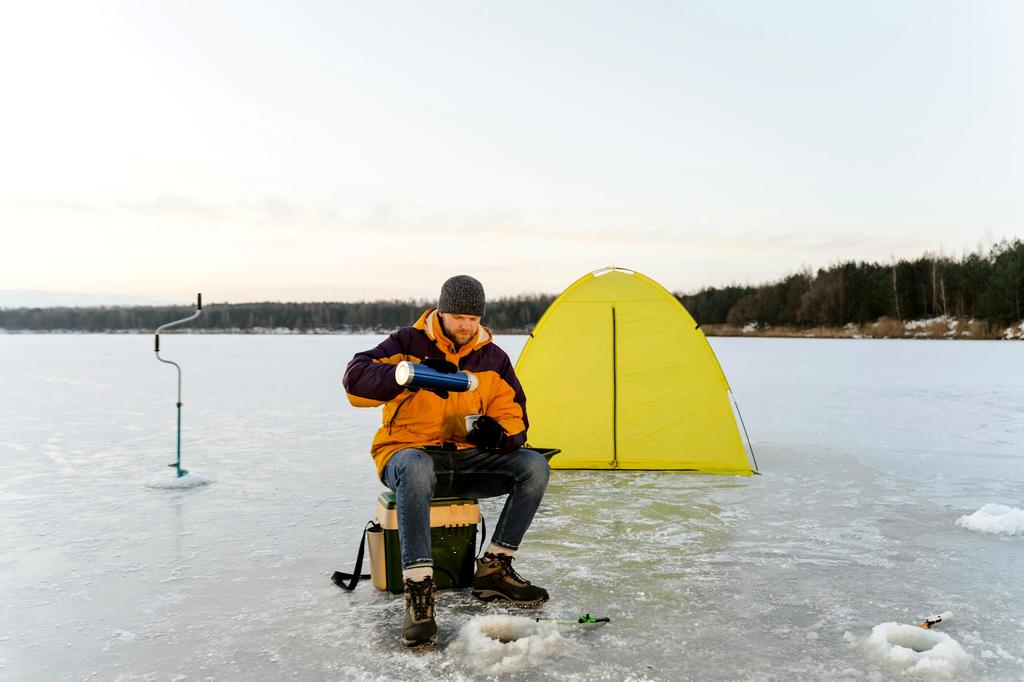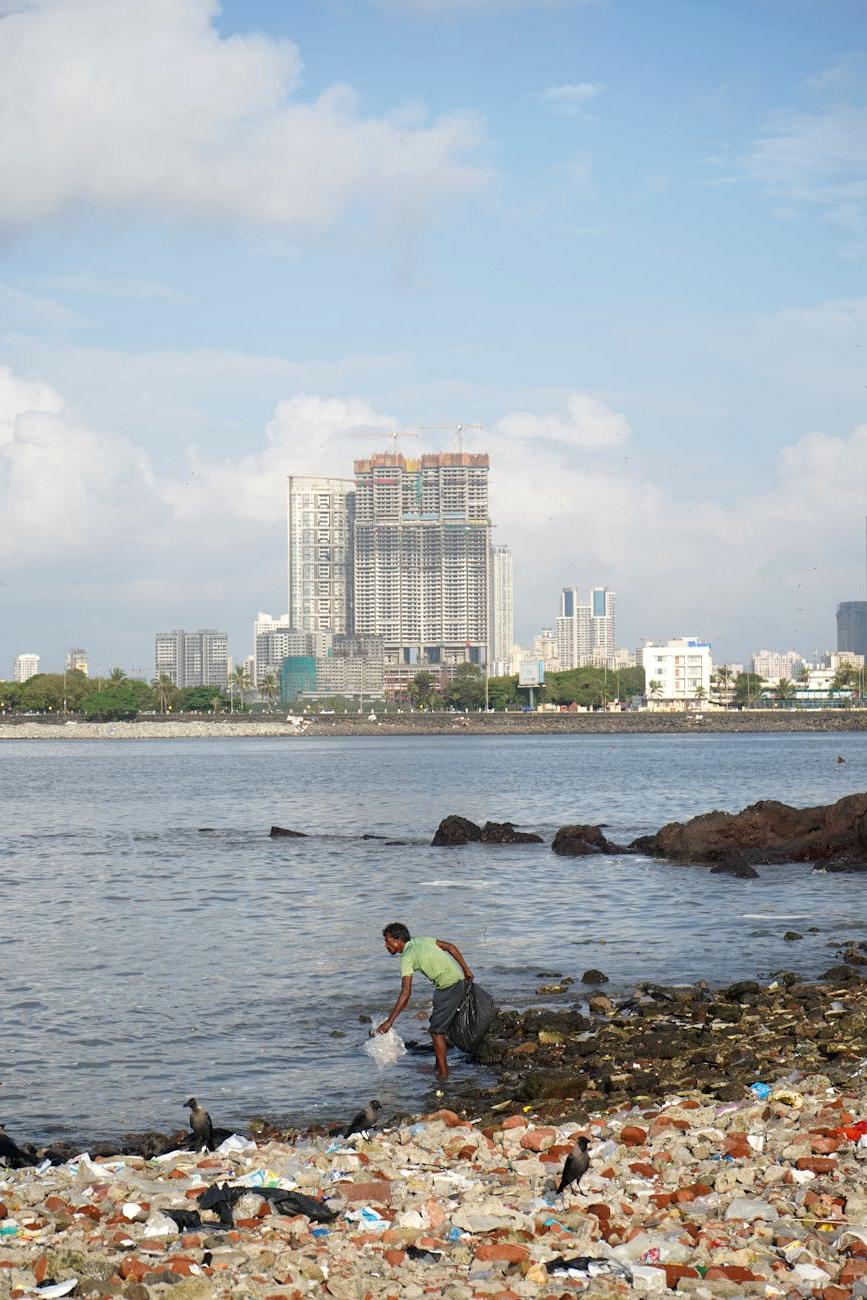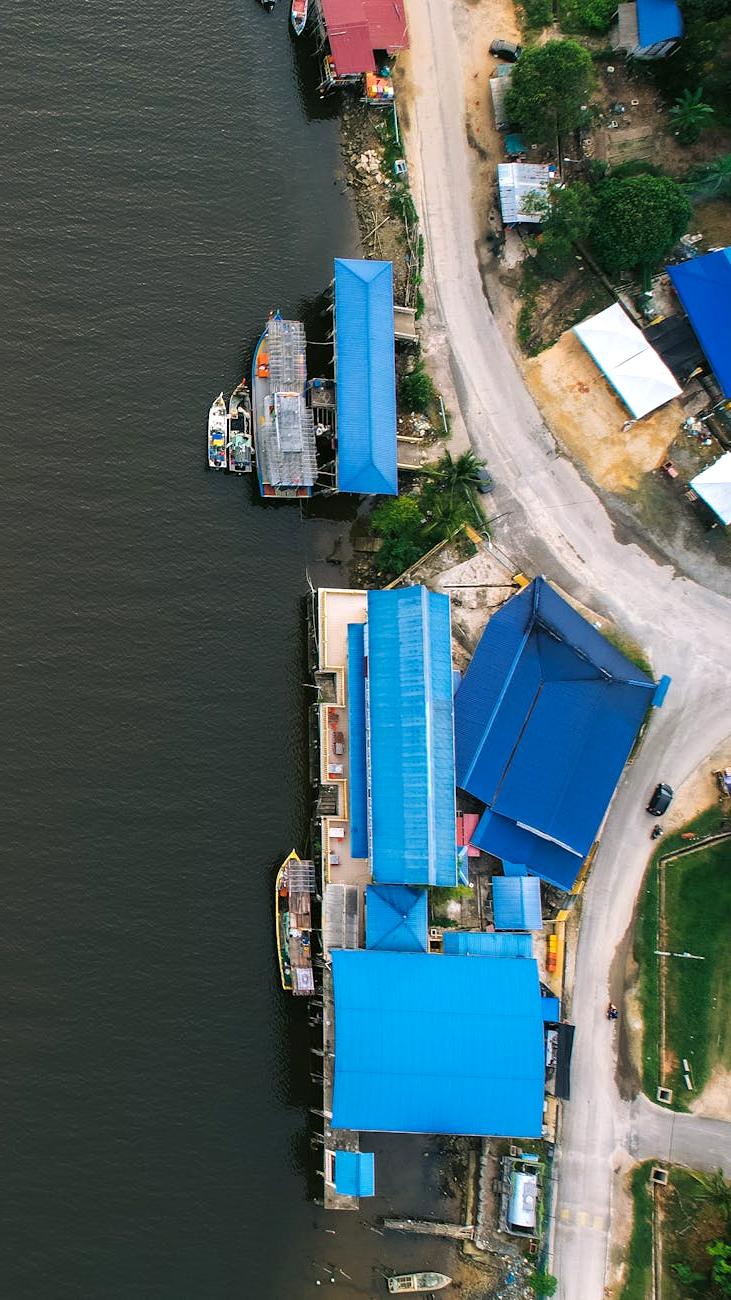
Water: Earth's Most Precious Resource
Water sustains life on our planet, yet billions face scarcity issues. Join our mission to protect, conserve, and ensure equitable access to clean water for all.

Water sustains life on our planet, yet billions face scarcity issues. Join our mission to protect, conserve, and ensure equitable access to clean water for all.
The global water situation requires immediate attention and action
Of Earth's surface is covered by water, but only 2.5% is freshwater
People lack access to safely managed drinking water services
Of all freshwater withdrawals are used for agriculture globally
Of all wastewater flows back into the ecosystem without treatment

Water is unevenly distributed across the planet, creating challenges for regions with limited access.
Lakes, rivers, and streams provide essential freshwater for ecosystems and communities.
Hidden reserves beneath the Earth's surface supply drinking water for billions of people.
Glaciers and polar ice caps represent significant freshwater storage, but are rapidly diminishing.
Small changes in water usage can make a significant impact on global conservation efforts

Implementing drip irrigation, adjusting crop selections, and improving water management can reduce agricultural water use by up to 60%.

Low-flow fixtures, water-efficient appliances, and mindful usage habits can reduce domestic water consumption by 30-50%.

Water recycling systems, closed-loop processes, and efficiency improvements help industries minimize their water footprint.

Clean water is essential for health, yet contamination threatens this vital resource worldwide.
Industrial waste, agricultural runoff, plastic pollution, and inadequate sanitation contribute to water quality deterioration.
Waterborne diseases cause millions of preventable deaths annually, with children under five most vulnerable.
Advanced filtration technologies, improved regulations, community monitoring programs, and ecosystem restoration are making a difference.
Water scarcity affects every continent and is intensifying due to climate change
Rising temperatures alter precipitation patterns, increase evaporation rates, and accelerate glacial melting, disrupting historical water availability.
Rapid urban growth strains water infrastructure, with many cities facing supply limitations, aging systems, and increasing demand.
Water scarcity threatens biodiversity, disrupts food chains, and compromises the natural services provided by healthy aquatic ecosystems.
Water stress contributes to migration, conflict, gender inequality, and economic instability in affected regions worldwide.
Hear from experts and community leaders working on water conservation
"Sustainable water management requires both technological innovation and community engagement. The most successful projects empower local stakeholders to become water stewards."

Hydrologist, Aquatic Research Institute
"In our region, we've implemented rainwater harvesting systems that have transformed water availability for over 200 families. Simple solutions often create the most meaningful impact."

Community Water Project Leader
"Our corporation reduced water usage by 43% through process optimization and recycling. It's not just environmentally responsible—it's improved our bottom line as well."

Corporate Sustainability Director
Subscribe to receive updates, educational resources, and opportunities to get involved in water conservation efforts